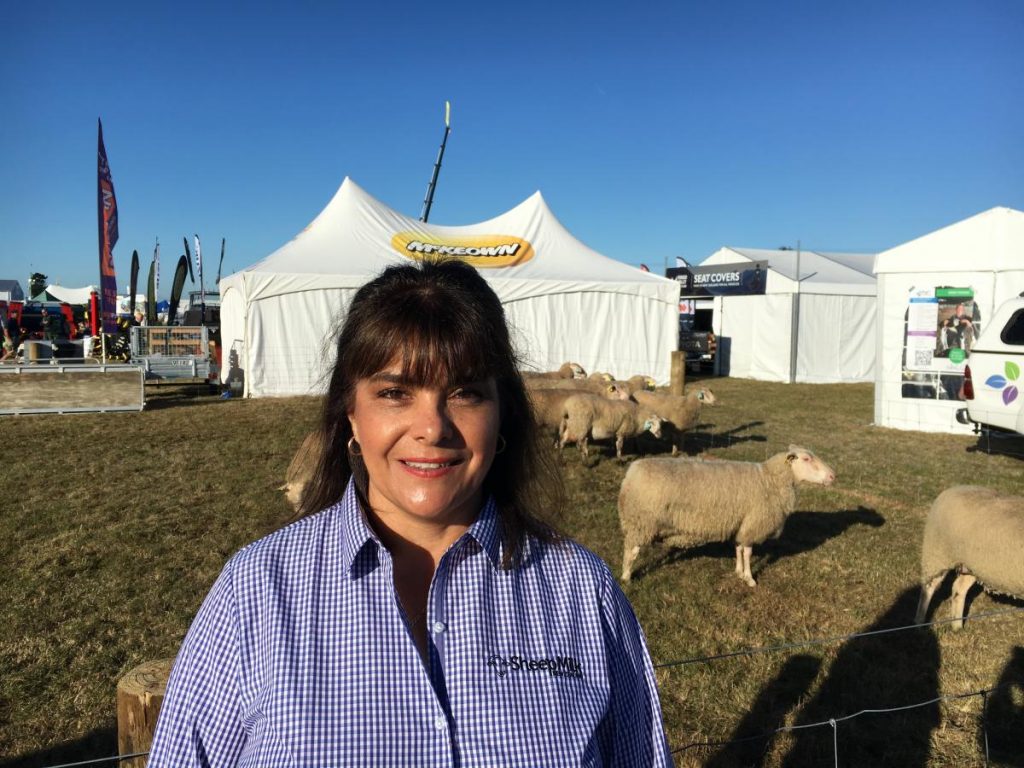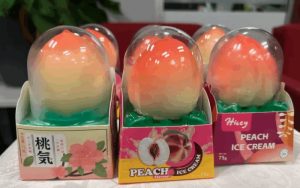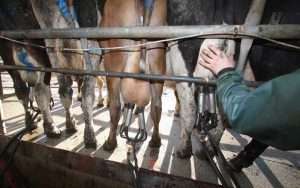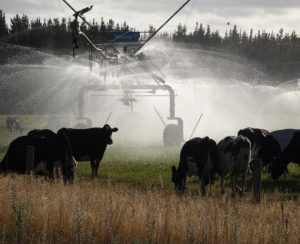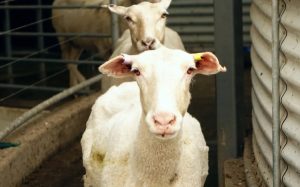
While there are just five sheep-milking farmers in Canterbury, Kirwee sheep farmer and Sheep Milk New Zealand managing director Matt Jones said there were another five making the switch next season.
“We are very new to sheep milking in New Zealand and it’s been happening around the world for hundreds of years, so we’ve got a lot to learn.
“It is the best milk and I can argue that all day long. It is far superior to any other milk product on the market and our environmental footprint is significantly less than other producers of milk.”
Sheep Milk New Zealand was established for processors, industry people and farmers to come together and share knowledge, he said.
Mr Jones and his wife Tracey have been sheep farming at Kirwee for 10 years, importing genetics from Europe to develop a breed that could handle South Island conditions, and began milking their 600 ewe East Friesian flock two years ago.
While sheep produced fewer litres of milk than their bovine counterparts, they produced double the number of milk solids, and the payout of $14.20 per kilogramme of milk solids was attractive, Mr Jones said.
“There’s a lot of scope. We can double or triple the production that our animals are doing through genetic gain.
“We are milking sheep that have come from dams that have done 180 milk solids in a lactation, while cows in New Zealand are only double that and the price is significantly more than than our bovine friends.
“It’s about milk solids and your farming practices, and Canterbury farmers are good at it.”
The Jones family farm was run just like a dairy farm, with twice-a-day milkings.
The main difference was that it was run as “a hybrid system”, with all lambs, including the males, reared on farm, being finished on automatic lamb feeders.
Sheep Milk New Zealand group marketing manager Virna Smith said ewes were producing 1-2 litres of milk per sheep per day over a 200-day lactation.
The milk was pasteurised and made into cheese and yoghurt, as well as Sheep Milk New Zealand’s Sabelle range of skin and body care products.
“If you are lactose intolerant, your body can handle sheep milk,” Ms Smith said.
“It takes about 30 minutes for sheep milk to process through your body, so if you have any allergies or intolerances it won’t affect you.”
“From sheep you get the milk, we make the cheese, we can make yoghurt and we will be looking at infant formula down the track and we have our skin and body care range.”
Sheep were “softer” on the environment compared to other farming systems, making a viable option for farmers to consider in meeting their environmental requirements, Ms Smith said.
